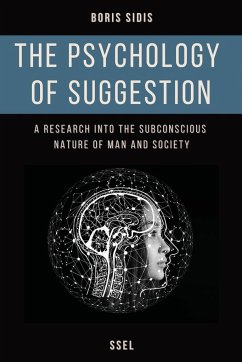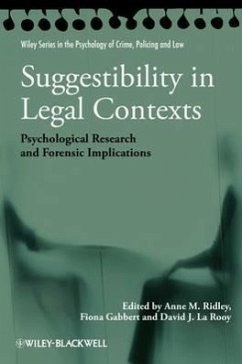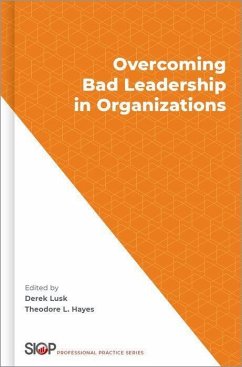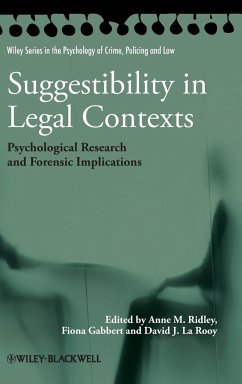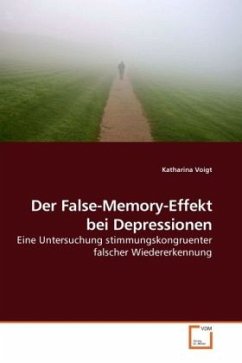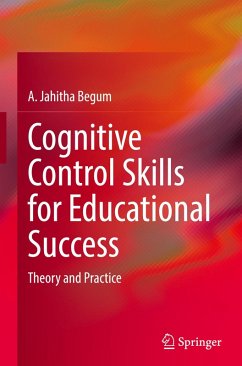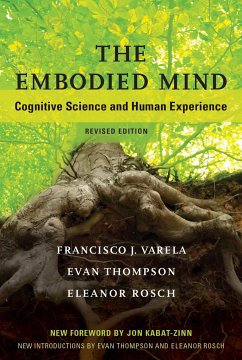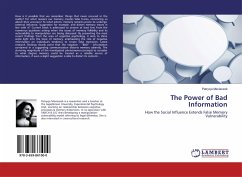
The Power of Bad Information
How the Social Influence Extends False Memory Vulnerability
Versandkostenfrei!
Versandfertig in 6-10 Tagen
19,99 €
inkl. MwSt.

PAYBACK Punkte
10 °P sammeln!
How is it possible that we remember things that never occured in the reality? For what reasons our memory creates false traces, convincing us about their accuracy? To what extent, memory remains prone to undergo external influence, suggestion for example, and distort memory traces in line with it? Current book is addressed to answer at least few from the numerous questions arising when the issues of memory fallibility and its vulnerability to manipulation are being discussed. By presenting the most recent findings from the area of cognitive psychology, it aims to shine some light into the topi...
How is it possible that we remember things that never occured in the reality? For what reasons our memory creates false traces, convincing us about their accuracy? To what extent, memory remains prone to undergo external influence, suggestion for example, and distort memory traces in line with it? Current book is addressed to answer at least few from the numerous questions arising when the issues of memory fallibility and its vulnerability to manipulation are being discussed. By presenting the most recent findings from the area of cognitive psychology, it aims to shine some light into the topic of memory, emphasizing the role of negative information on individual's tendency to create false memories. Latest research findings clearly point that the negative - "BAD" - information contained in a suggesting communication distorts memory saliently. The stunning magnitude of the investigated phenomenon prompts to consider to what degree memory could be treated as a reliable source of information, if even a slight suggestion is able to distort its content...



